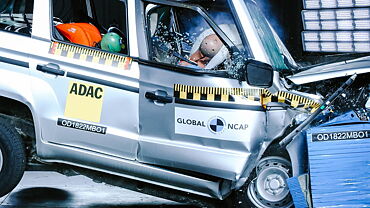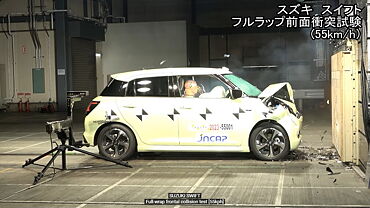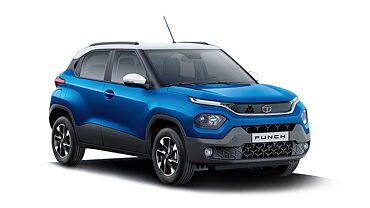Over the years, several global auto manufacturers have announced recalls for their specific models of vehicles. During the month of May 2013, Nissan Motor Corp. recalled 8,41,000 vehicles globally for steering wheel issues. This included vehicles that were manufactured in Britain and Japan. Closer home, Toyota Kirloskar Motor recalled 1,100 Corolla Altis diesel vehicles made from August 3, 2012 to February 14, 2013, for a defective driveshaft. Moreover, 72,115 Honda City models manufactured and delivered between 2005 to 2007 were called back for rectifying faulty power window switches in India. Though the world over, this system has been a common practice for car companies, India is also realising the same, as the number of vehicles in the country continues to grow.
A 'voluntary recall code' was adopted by governing body Society of Indian Automobile Manufacturers (SIAM) in July 2012. Based on this, more than 11,500 bikes and 1.5 lakh cars have been recalled so far. Issues range from critical brake efficiency to minor issues such as airbags which could start fires in cars. The recent past has seen very high rate of recall in the Indian automotive industry.
Speaking on the aspect of recall, Sugato Sen, Deputy Director General of SIAM said, “Our companies are adhering to the voluntary recall code and we have experienced more transparency in recent months. With our initiative a process has been stipulated that has restored some clarity over 'recalls' and removed the stigma associated with such a harsh word in India.” Being the world's sixth largest car market, India still does not have an official vehicle recall policy, but with the growing size of the industry and brand reputation at stake, auto makers have decided to voluntarily initiate steps in the same direction.
In developed markets such as Europe, Japan or the US, technical lapses or flaws from the car manufacturers result in heavy penalties. Criminal proceedings may be involved if the auto maker does not notify concerned authorities or affected customers. In August 2012, Ford India made a big announcement when it decided to recall 1.28 lakh Ford Figo and Classic models, to check problems with the rear suspension and steering. This was different from the usual process of quietly informing customers as is usually followed in India. Even China, which is the world's largest car market with more than 150 manufacturers, imposes financial penalties in case companies do not recall.
However, there is a positive side to the number of recalls that continue to take place. Rakesh Srivastava, Senior Vice President (Marketing & Sales), Hyundai Motor India, says, “It's a progressive step and a healthy practice that reflects transparency into the automotive business. In a fast growing market like India, a proper recall policy also takes care of emerging safety issues and improves confidence of all stakeholders.”
Though India still needs to incorporate a recall mechanism, it is good to see manufacturers taking voluntary steps. The government has contemplated a move to set up a committee similar to the National Highway Transport and Safety Administration of United States, in order to look deeper into safety and other important issues for the Indian automobile industry.



























